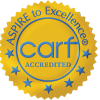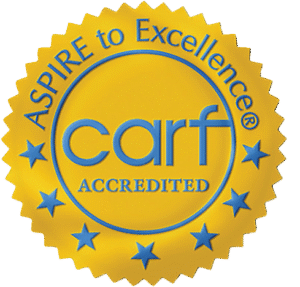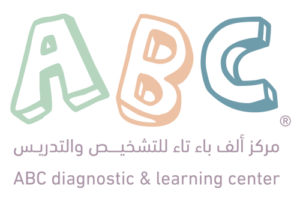At times, all kids have trouble paying attention, listening, sitting still, or waiting their turn. They get easily distracted. They have trouble following instructions or sitting still. These may be symptoms of ADHD. But to be sure, you should observe other conditions that cause attention problems. It’s important to rule these out or a child can be misdiagnosed with it and get the wrong treatment.
What is ADHD?
Attention Deficit Hyperactivity Disorder (ADHD) is a medical condition that affects their attention and self-control. It is a brain disorder that affects how you pay attention, sit still, and control your behavior. Because of attention deficit hyperactivity disorder, they have a harder time staying focused. ADHD can also make kids more fidgety than other kids their age.
ADHD can’t be prevented or cured. But spotting it early, plus having a good treatment and education plan, can help a child or adult with attention deficit hyperactivity disorder manage their symptoms.
What are the Symptoms of ADHD?
It is normal for children to have trouble focusing and behaving at one time or another. However, children with ADHD do not just grow out of these behaviors. The symptoms continue, can be severe, and can cause difficulty at school, at home, or with friends.
Read more about Hyperactivity and an important tips to deal with it.
If you think your child might have ADHD, so the following signs might happen most of the time:
- have trouble listening and paying attention.
- get distracted easily.
- need lots of reminders to do things.
- seem absent-minded.
- not sit still, wait their turn, or be patient.
- interrupt a lot, and talk or call out in class when they shouldn’t.
- feel restless, fidgety, frustrated, and bored.
- daydream a lot.
- forget or lose things a lot.
- squirm or fidget.
- talk too much.
- have a hard time resisting temptation.
- make careless mistakes or take unnecessary risks.
- have trouble taking turns.
- have difficulty getting along with others.
Causes of Attention Deficit Hyperactivity Disorder
The cause(s) and risk factors for ADHD are unknown, but current research shows that genetics plays an important role. Recent studies of twins link genes with ADHD and most kids who have ADHD have a parent or relative with ADHD.
In addition to genetics, scientists are studying other possible causes and risk factors including:
- Brain injury.
- Exposure to environmental (e.g., lead) during pregnancy or at a young age.
- Alcohol and tobacco use during pregnancy.
- Premature delivery.
- Low birth weight.
ADHD Treatment
There are several approaches to treating ADHD. But research suggests that for many children, the best way to manage symptoms is a multimodal approach. This involves multiple methods of treatment that work together. Many symptoms of ADHD can be managed with medication and therapy. Close cooperation among therapists, doctors, teachers, and parents is very important.
Prescribe medicine: Doctors can give kids medicine that boosts the brain’s ability to pay attention, slow down, and be more patient.
Provide therapy:Therapists can help kids learn to be more patient, cope with feelings, and gain self-control. They can help kids see the best in themselves and figure out what they’re good at and how to use their strengths.
Help parents learn what to do: Parents can do things to help kids listen better, like telling kids one thing at a time. They can help kids organize their things at home. They can give encouragement, love, and support.
In short, it’s important not to jump to the conclusion that your kid has ADHD just because a teacher reports an attention problem. A mental health expert should examine your child. That expert should ask a lot of questions and observe their behavior. Then they’ll be able to figure out the real problem and give your child the right treatment.








